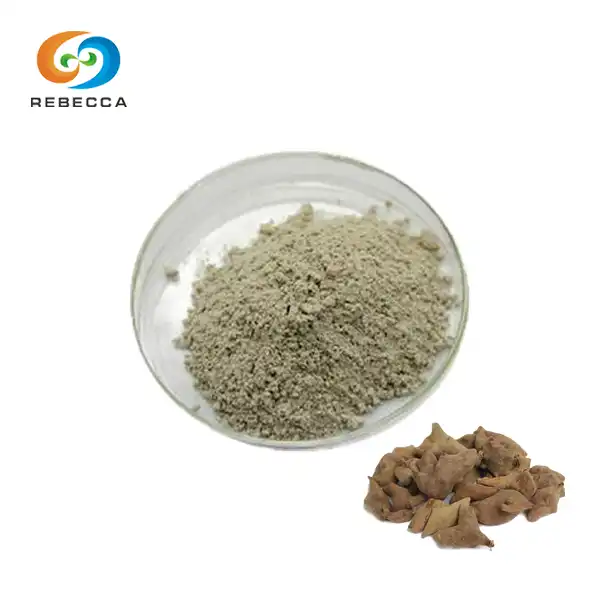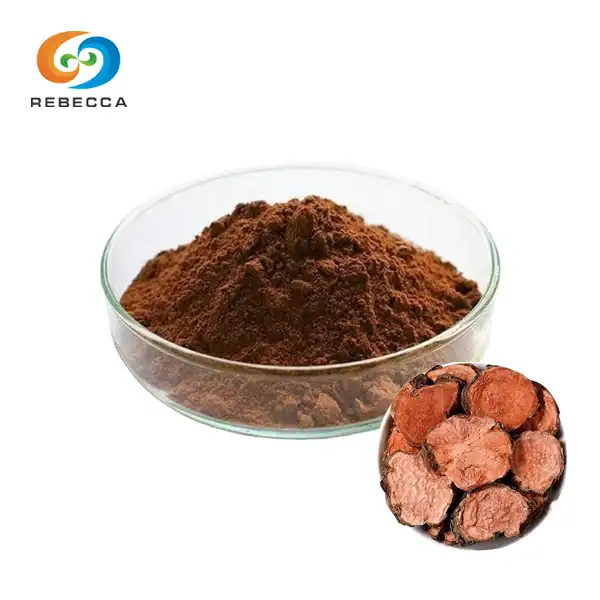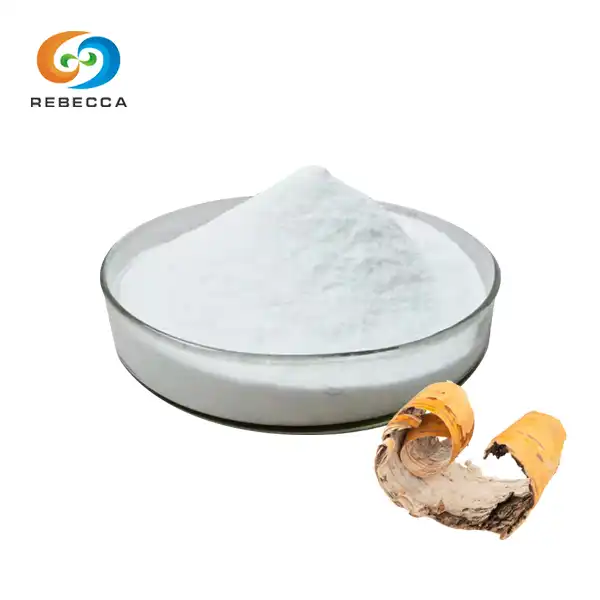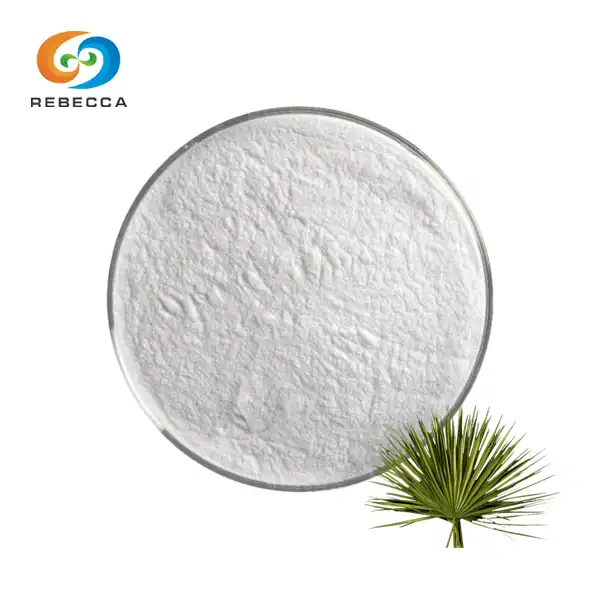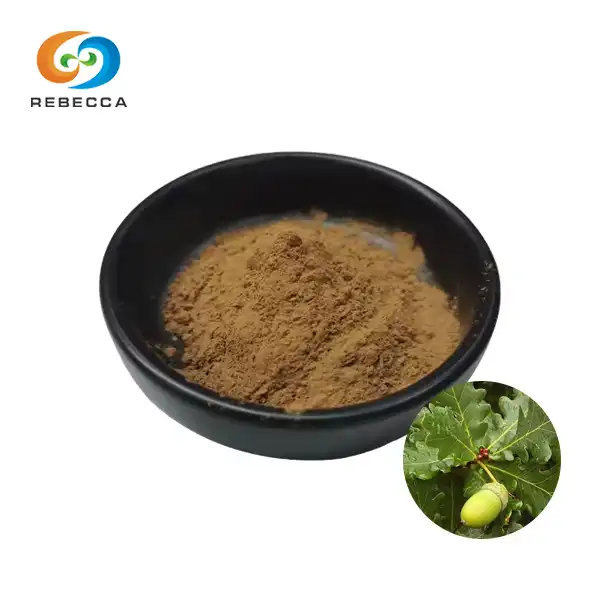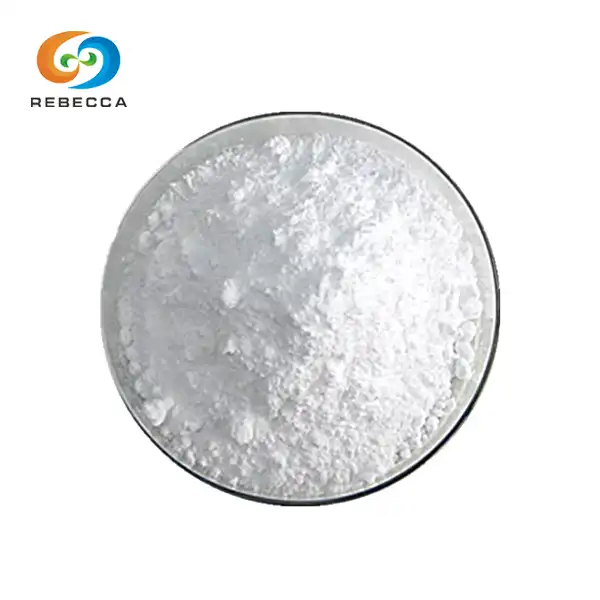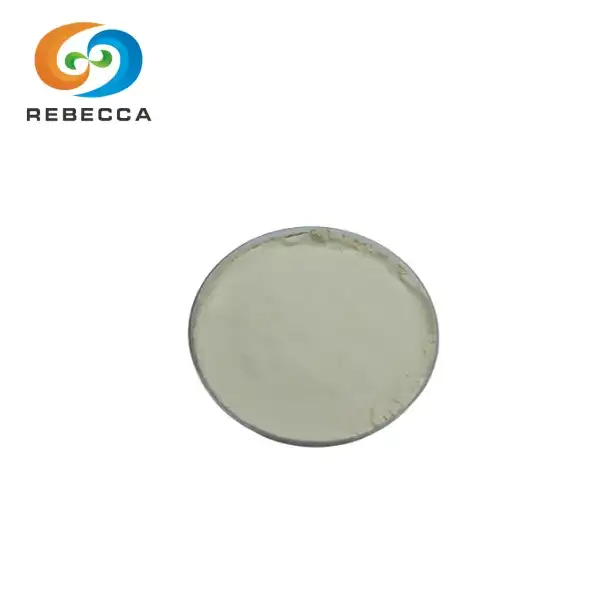Arginine Alpha Ketoglutarate VS L Arginine
In the world of sports nutrition and health supplements, two compounds often come up in discussions: Arginine Alpha-Ketoglutarate (AAKG) and L-Arginine. While they may sound similar, these compounds have distinct characteristics and functions within the body. This article will delve into the details of each, exploring their roles, benefits, and key differences to help you make informed decisions about your nutritional needs.

What Is Arginine Alpha-Ketoglutarate (AAKG)?
Arginine Alpha-Ketoglutarate, commonly known as AAKG, is a salt formed by combining the amino acid arginine with alpha-ketoglutarate, a molecule involved in cellular energy production. AAKG has gained popularity in the fitness and bodybuilding communities due to its potential benefits for exercise performance and muscle growth.
AAKG is believed to enhance the body's production of nitric oxide, a molecule that plays a crucial role in vasodilation - the widening of blood vessels. This effect can lead to improved blood flow, potentially benefiting various aspects of physical performance and recovery.
Some key points about AAKG include:
- It may enhance exercise performance by improving blood flow to muscles
- AAKG could potentially increase muscle pump during workouts
- Some studies suggest it might aid in post-exercise recovery
- It's often used as a pre-workout supplement
However, it's important to note that while some research supports these benefits, more studies are needed to fully understand the effects of AAKG supplementation.

How Does L-Arginine Work in the Body?
L-Arginine is an amino acid that plays several important roles in the body. It's considered a semi-essential or conditionally essential amino acid, meaning that while the body can produce it, there are certain conditions under which dietary intake becomes necessary.
Functions in the body include:
- Protein synthesis: As an amino acid, It is a building block for proteins, essential for tissue repair and growth.
- Nitric oxide production: Like AAKG, It is a precursor to nitric oxide, supporting cardiovascular health and blood flow.
- Hormone secretion: It plays a role in the release of growth hormone and insulin.
- Immune function: It is crucial for the proper functioning of T-cells, a type of white blood cell important for immune response.
L-Arginine is found naturally in protein-rich foods such as meat, poultry, fish, and dairy products. It's also available as a dietary supplement, often used for its potential cardiovascular benefits and its role in exercise performance.
Research has shown that L-Arginine supplementation may have various health benefits, including:
- Improved blood flow and cardiovascular health
- Enhanced exercise performance and recovery
- Support for the immune system
- Potential benefits for certain metabolic conditions
However, as with AAKG, more research is needed to fully understand the extent and mechanisms of these benefits.

Key Differences Between Arginine Alpha-Ketoglutarate and L-Arginine
While AAKG and L-Arginine share some similarities, particularly in their potential to boost nitric oxide production, there are several key differences between these compounds:
- Chemical Structure: L-Arginine is a single amino acid, while AAKG is a compound formed by combining L-Arginine with alpha-ketoglutarate.
- Absorption and Bioavailability: Some studies suggest that AAKG may have better absorption and bioavailability compared to L-Arginine alone. The addition of alpha-ketoglutarate might enhance the body's ability to utilize the arginine component.
- Energy Production: The alpha-ketoglutarate component of AAKG is involved in the Krebs cycle, a key process in cellular energy production. This additional element may provide energy-boosting effects not seen with L-Arginine alone.
- Specific Benefits: While both compounds may support nitric oxide production and cardiovascular health, AAKG is more commonly associated with exercise performance and muscle growth. L-Arginine, on the other hand, has a broader range of potential health benefits, including immune support and hormone regulation.
- Research Focus: Much of the research on AAKG has focused on its effects on exercise performance and muscle growth. L-Arginine research covers a wider range of health topics, including cardiovascular health, immune function, and metabolic disorders.
It's important to note that while these differences exist, both compounds can be beneficial in their own right. The choice between AAKG and L-Arginine often depends on specific health goals and individual needs.

Both Arginine Alpha-Ketoglutarate and L-Arginine offer potential benefits for health and performance. AAKG may be particularly appealing to those focused on exercise performance and muscle growth, while L-Arginine might be more suitable for those seeking broader health benefits. As with any supplement, it's crucial to consult with a healthcare professional before adding these to your regimen.
Are you a pharmaceutical, healthcare product, beverage, or cosmetic company on an earnest quest for top-notch arginine alpha-ketoglutarate or L - arginine? Shaanxi Rebecca Bio-Tech Co., LTD is a leading entity in the field, deeply dedicated to the in-depth research and large-scale production of plant extracts and active ingredients sourced from traditional Chinese medicine. Our seasoned R & D team, boasting decades of combined experience, is constantly exploring innovative extraction techniques. With strong technical capabilities that allow us to precisely control every step of the process, and strict quality control measures in place from the initial cultivation of raw materials to the final packaging of the product, we ensure that you receive only the top-tier ingredients. Whether you're aiming for cost - effectiveness to maximize your profit margins, a stable supply to keep your production lines running smoothly, or excellent after-sales service to address any unforeseen issues, we've got you comprehensively covered. Contact us today at information@sxrebecca.com. Our customer service representatives are standing by 24/7 to answer your queries and help you learn more about how our premium arginine products can seamlessly support your business goals and drive your company forward.
References
- Campbell, B. I., La Bounty, P. M., & Roberts, M. (2004). The ergogenic potential of arginine. Journal of the International Society of Sports Nutrition, 1(2), 35-38.
- Böger, R. H., & Bode-Böger, S. M. (2001). The clinical pharmacology of L-arginine. Annual review of pharmacology and toxicology, 41(1), 79-99.
- Alvares, T. S., Meirelles, C. M., Bhambhani, Y. N., Paschoalin, V. M., & Gomes, P. S. (2011). L-Arginine as a potential ergogenic aid in healthy subjects. Sports Medicine, 41(3), 233-248.
- Little, J. P., Forbes, S. C., Candow, D. G., Cornish, S. M., & Chilibeck, P. D. (2008). Creatine, arginine alpha-ketoglutarate, amino acids, and medium-chain triglycerides and endurance and performance. International journal of sport nutrition and exercise metabolism, 18(5), 493-508.
- Wu, G., & Morris Jr, S. M. (1998). Arginine metabolism: nitric oxide and beyond. Biochemical Journal, 336(1), 1-17.
